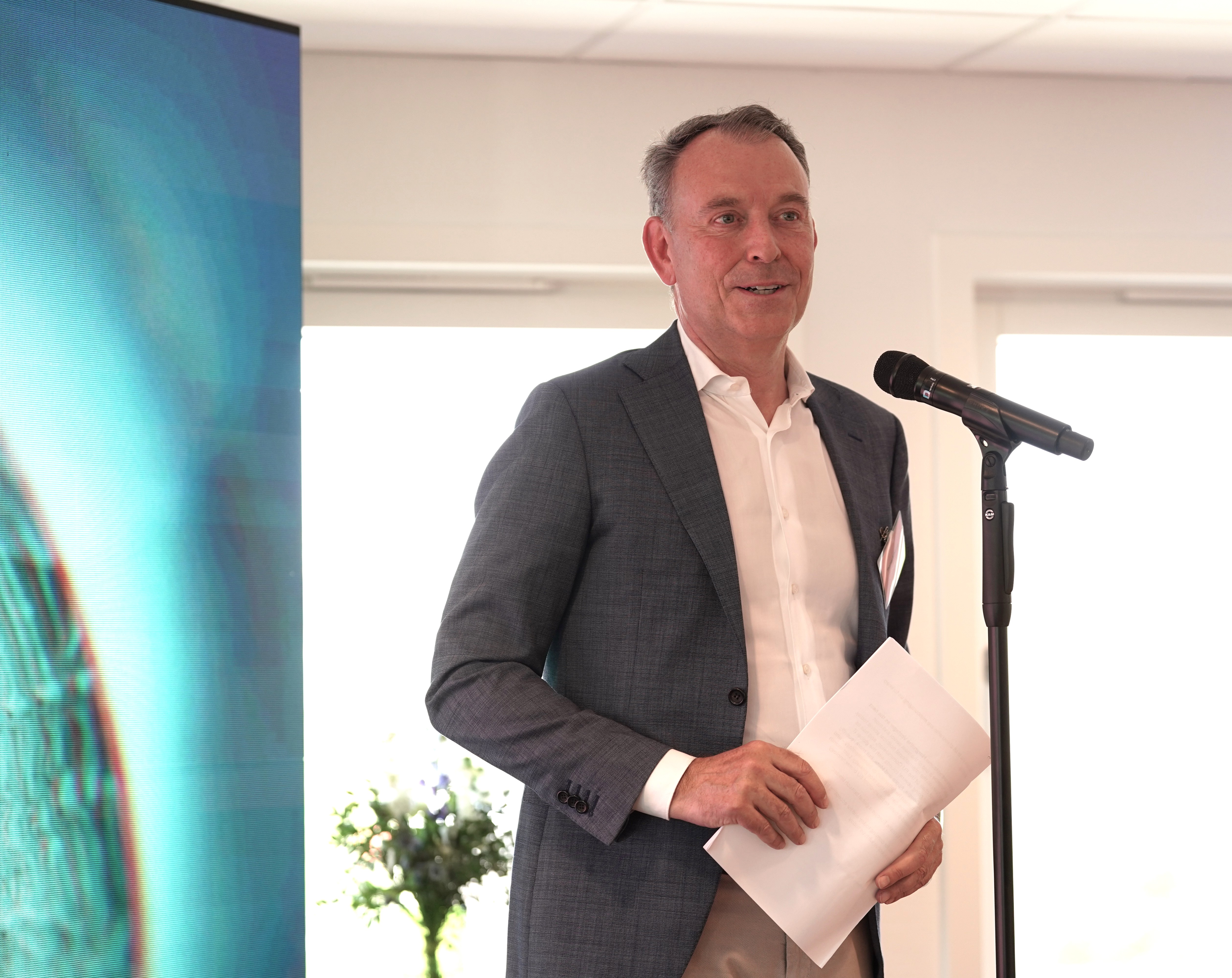
John Oliver on gene editing: Stop freaking out, and let’s be careful!
John Oliver on gene editing: Stop freaking out, and let’s be careful!
On Sunday’s edition of “Last Week Tonight with John Oliver,” audiences were treated to a comedic yet realistic discussion of the science and ethics of gene editing that featured, among other things, a 30-foot-long wolf pouncing on a helicopter, shower sex between a mouse and a tick, and an Australian man who intentionally squashes invasive cane toads with his car.After highlighting how CRISPR has saturated popular media, Oliver recaps the history of gene editing technology; CRISPR may be topping headlines today, but gene editing has been around for decades. It culminates with a simple cut-and-paste analogy proffered by CRISPR scientist Jennifer Doudna, and the difficulties applying the technology to human disease (most gene editing has been done in plants and animals).Most researchers think Oliver did a pretty good job explaining the nuances of gene editing. One human genomics graduate student took to Twitter, saying, “Attention fellow scientists: @LastWeekTonight delivered a great 20 min piece on gene-editing! I usually approach mainstream takes on science with a lot of fear BUT this is a brilliant example of balancing comedy with #scicomm.” North Carolina State University environmental scientist Todd Kuikenoffered his praise: “I love when the brilliant @iamjohnoliver @LastWeekTonight explain gene editing and its risk/benefits better than those of us in the "academic" world have been trying to do for years!” And Georgia Tech postdoc Sheyda asked, “Interested to organize some science outreach?!”Not everyone was impressed, however. Cornell graduate student Becca Harrison wondered, “The “cut-and-paste” metaphor makes CRISPR #scicomm easy, but ... is it making it too easy and oversimplifying a powerful technology?” Indeed, it’s the ease of CRISPR that enables a biohacker like Josiah Zayner to sell do-it-yourself CRISPR kits from his garage and publicly inject himself with CRISPRed DNA. Oliver derided Zayner for wondering why people can’t use the technology without “completely understanding exactly how it works.” Some, including science host and producer Vanessa Hill, thought that Oliver focused only on the risks of biohacking and “could have given more context around company.”Oliver made a point of distinguishing between somatic and germline gene editing. Beth Scott, biologist at the University of Aberdeen, tweeted, "This biologist thanks you for explaining the difference between somatic and germ line cells in a concise and clear manner. CRIPSR is an amazing and also scary technology that will do much to advance science, if it’s handled properly."When it comes to handling gene editing properly, any discussion would be incomplete without some mention of “designer babies,” one of the major ethical concerns in the ongoing CRISPR discussion. Christopher Bond offered his opinion: “Regarding ‘CRISPR Babies’: There will always be a place in the world where germ line gene editing will be legal and the rich/powerful can always fly there. It is inevitable.”Oliver also touched on (positive) eugenics, and modern society’s desire to “fix” conditions that aren’t necessarily debilitating. One Twitter user tweeted, “I can’t express enough how grateful I am that you cited Deafness as an example of genetic anomaly that some would want eradicated despite the fact that Deaf people live full happy lives with the same capabilities & capacity to learn as hearing people.”Oliver praised scientist Kevin Esvelt for carefully considering the unintended ecological consequences that could result from gene editing. Esvelt is trying to tackle Lyme disease by editing the tick genome, performing his experiments on an isolated, uninhabited island, and will not employ his technique, even if it is proven completely safe for the local ecology, without full buy-in from the local community. As Esvelt says in his Reddit AMA, “We can do nothing without public support.”Does John Oliver affect public support for synthetic biology? What is he doing right? Can we use these moments in the scicomedy spotlight to tell our story? Let us know what you think at engage@synbiobeta.com



.svg)








-min.png)


.gif)